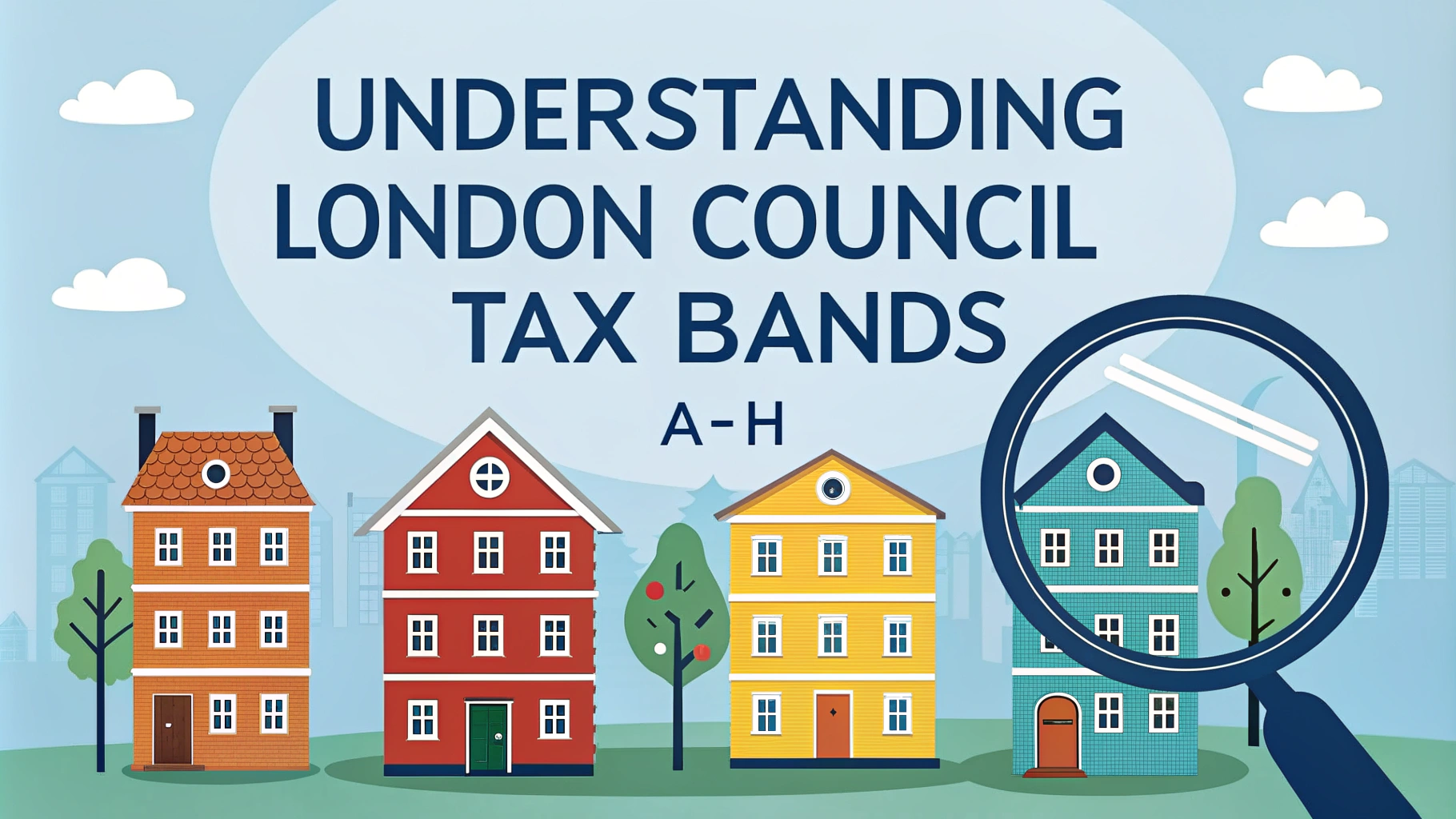London’s elderly care services provide essential support for seniors while navigating the complexities of moving to or from the capital.
Finding the right care services during a relocation requires careful planning and understanding of available resources across different London boroughs.
This guide outlines key elderly care options and relocation support services to help make transitions smoother for seniors and their families.
Types of Elderly Care Services in London
- Home Care Services
- Residential Care Homes
- Nursing Homes
- Assisted Living Facilities
- Day Care Centers
Finding Care Services When Moving
Contact your local council’s adult social services department as your first step in accessing care support.
| Service Type | Contact Information |
|---|---|
| NHS Care Services | Call 111 or visit nhs.uk/service-search |
| Age UK London | 020 7820 6770 |
Financial Support and Benefits
- Attendance Allowance
- Personal Independence Payment (PIP)
- Council Tax Reduction
- NHS Continuing Healthcare
Practical Moving Tips for Seniors
- Book specialist elderly moving services
- Request a care needs assessment before moving
- Transfer medical records and prescriptions
- Set up utilities and support services in advance
Key Organizations and Support Services
Age UK London offers free advice and support for elderly people moving within or to London (www.ageuk.org.uk/london).
The Care Quality Commission provides ratings and inspection reports for care homes across London (www.cqc.org.uk).
Contact Independent Age (0800 319 6789) for free advice about care options and moving support.
Borough-Specific Information
Each London borough has its own adult social services department with different eligibility criteria and support services.
Planning Your Next Steps
Start planning at least 3-6 months before your intended move date to ensure all necessary support services are in place.
Request an assessment from both your current and future local authority if moving between boroughs.
Keep a detailed checklist of all required actions and maintain regular communication with care providers throughout the moving process.
Medical Care Coordination
When relocating, ensuring continuous medical care is essential for elderly residents:
- Register with a new GP practice in advance
- Arrange medication transfers between pharmacies
- Update emergency contact information
- Schedule health assessments at new facilities
Transportation and Accessibility
Travel Support Services
- Dial-a-Ride services
- Freedom Pass for public transport
- TaxiCard scheme
- Community transport services
Home Adaptation Services
Various modifications may be necessary when moving to a new property:
- Mobility aids installation
- Bathroom modifications
- Stairlift fitting
- Emergency alarm systems
Community Integration Support
Help seniors maintain social connections in their new location through:
- Local community centers
- Senior social clubs
- Befriending services
- Activity groups
Ensuring a Successful Care Transition
A well-planned move requires coordination between multiple services and careful attention to individual needs. Maintain regular communication with care providers and family members throughout the process.
Remember to regularly review care arrangements after the move and adjust services as needed. Stay connected with support organizations who can provide ongoing assistance and advice.
With proper planning and support, elderly residents can successfully navigate their move while maintaining quality care and independence in their new London location.
FAQs
- How do I access elderly care services when moving to London?
Contact your local council’s adult social services department to arrange a needs assessment. You can find your council through the gov.uk website, and they will evaluate care requirements and available services. - What types of elderly care services are available in London?
London offers home care services, day centers, residential care homes, nursing homes, sheltered housing, meal delivery services, and respite care options through both NHS and private providers. - Do I need to register with a new GP when moving to London?
Yes, you must register with a local GP practice in your new area. Take proof of address and ID. Your medical records will be transferred from your previous practice automatically. - Are elderly care services in London free?
Some services are provided free through the NHS, but many social care services are means-tested. The local council will conduct a financial assessment to determine if you need to contribute to care costs. - How do I transfer existing care arrangements when moving to London?
Notify your current council and care providers at least 6 weeks before moving. Contact London’s local authority to arrange care continuation and transfer of care assessments and records. - What support is available for elderly people moving out of London?
Your current London borough council will coordinate with your new local authority to ensure care continuity. They can help arrange care assessments and transfer of services to your new location. - How do I find reputable care homes in London?
Check CQC (Care Quality Commission) ratings and inspection reports, visit homes in person, read reviews, and consult your local council’s directory of care services. - What emergency care services are available for elderly residents in London?
London provides 24/7 emergency social care services through local council emergency duty teams, NHS 111, and emergency response services for those with care alarms or telecare systems. - How long does it take to set up care services in London?
Initial needs assessments typically take 4-6 weeks. Emergency care can be arranged more quickly. Complex care packages may take longer to establish. - What financial assistance is available for elderly care in London?
Options include Attendance Allowance, Personal Independence Payment (PIP), Pension Credit, and council-funded care subject to means testing. NHS continuing healthcare may be available for those with primary health needs.








